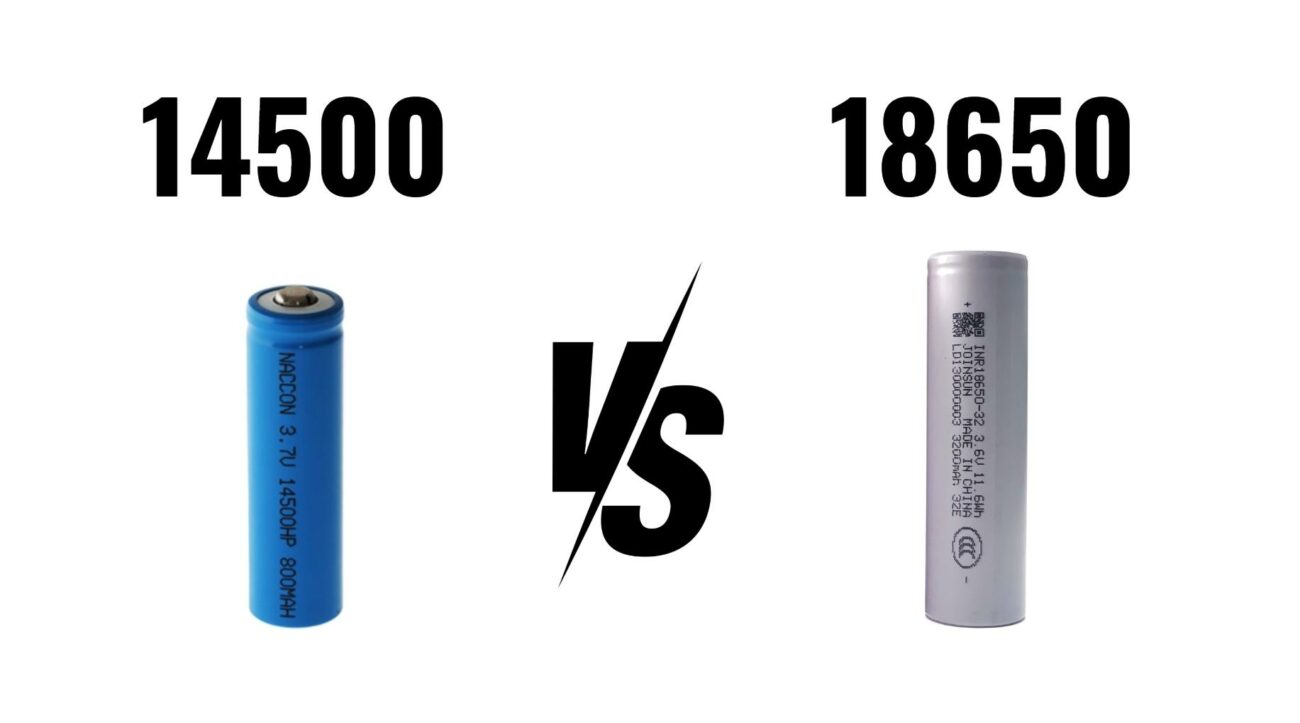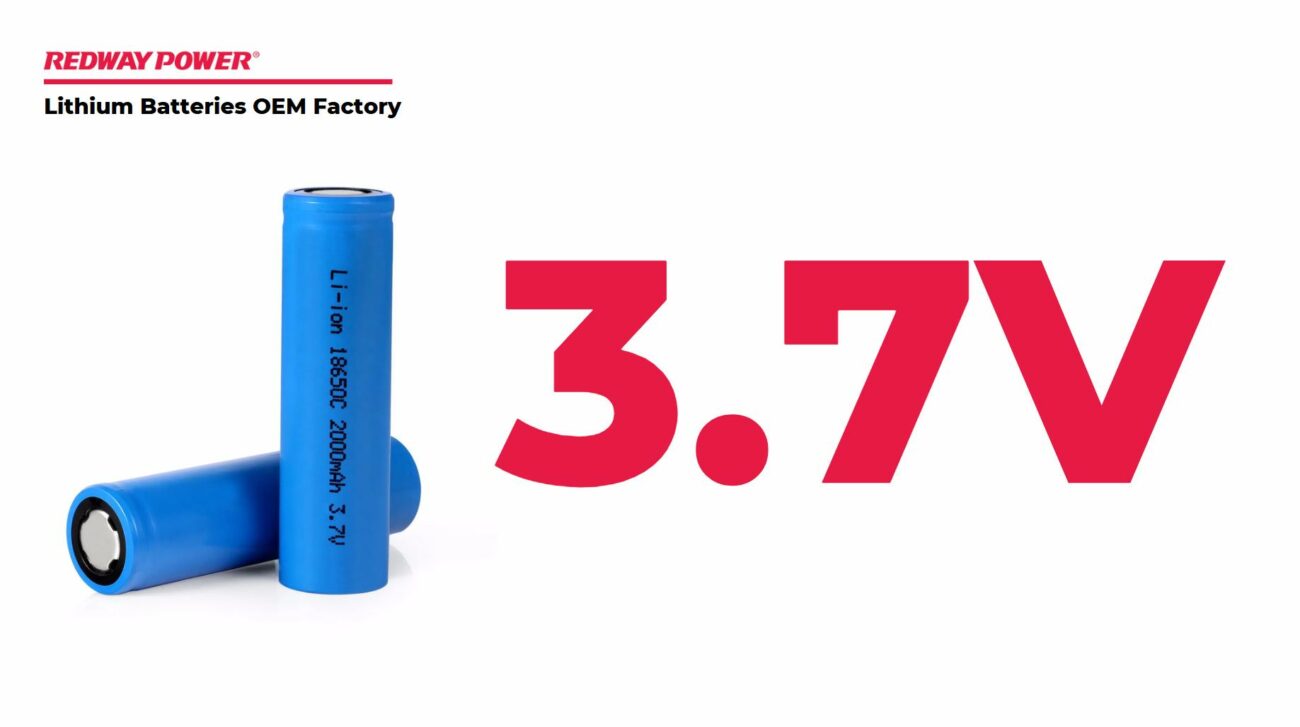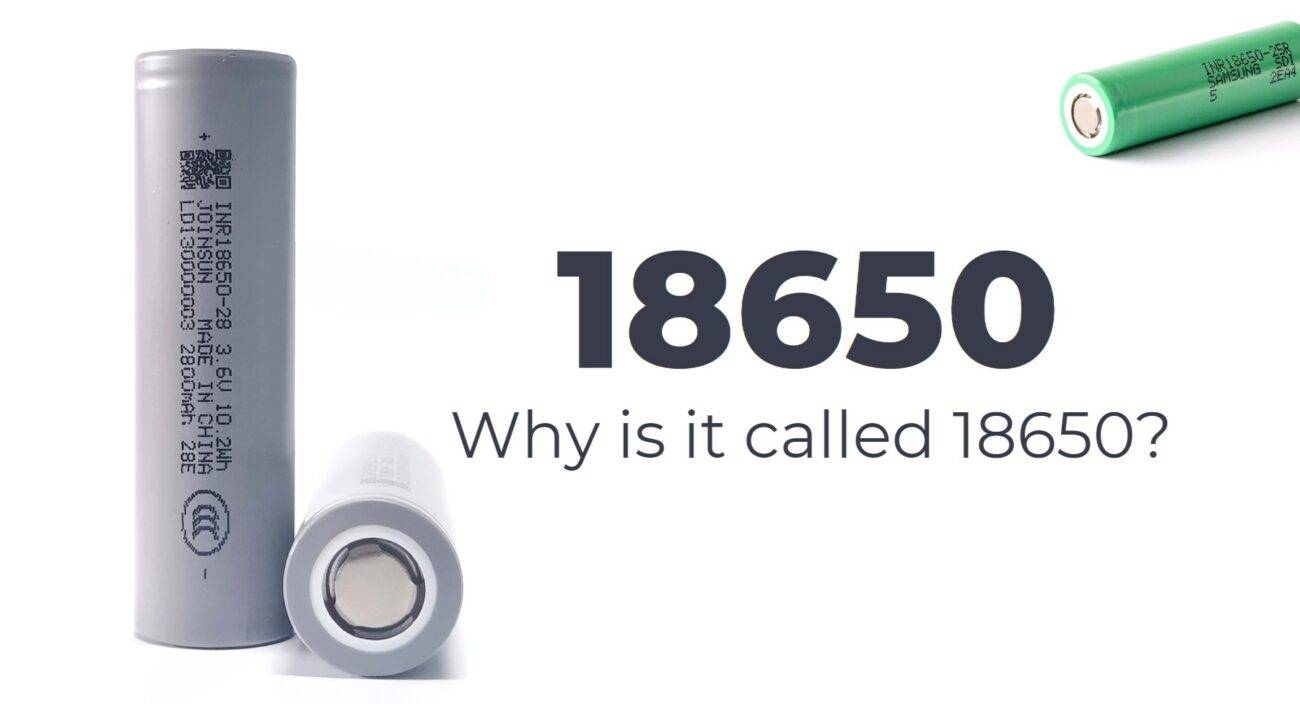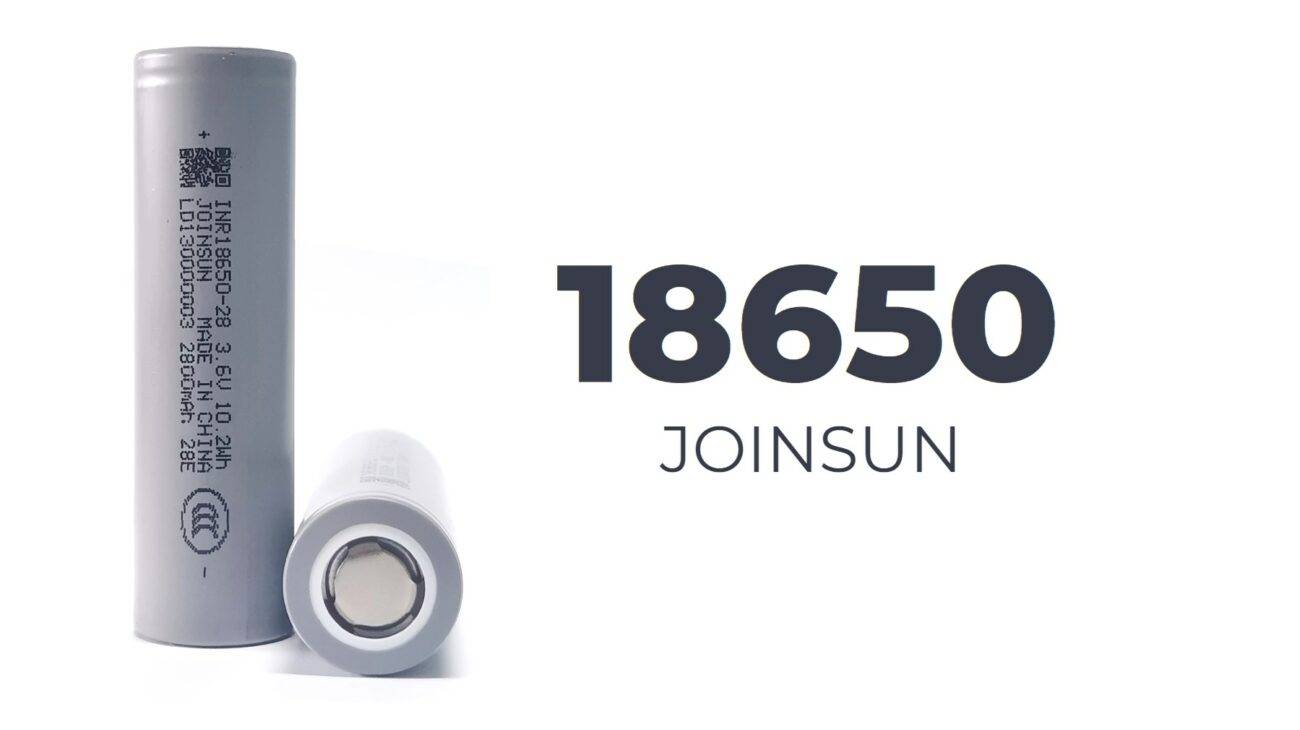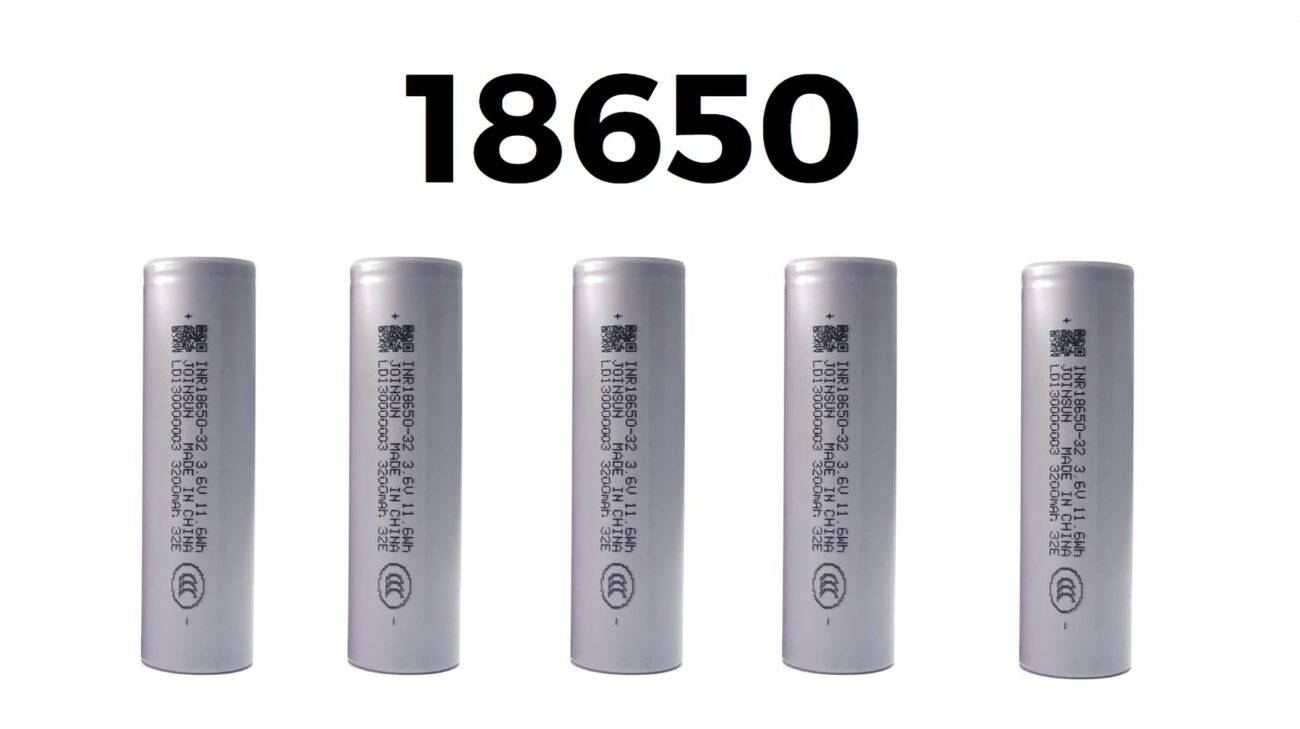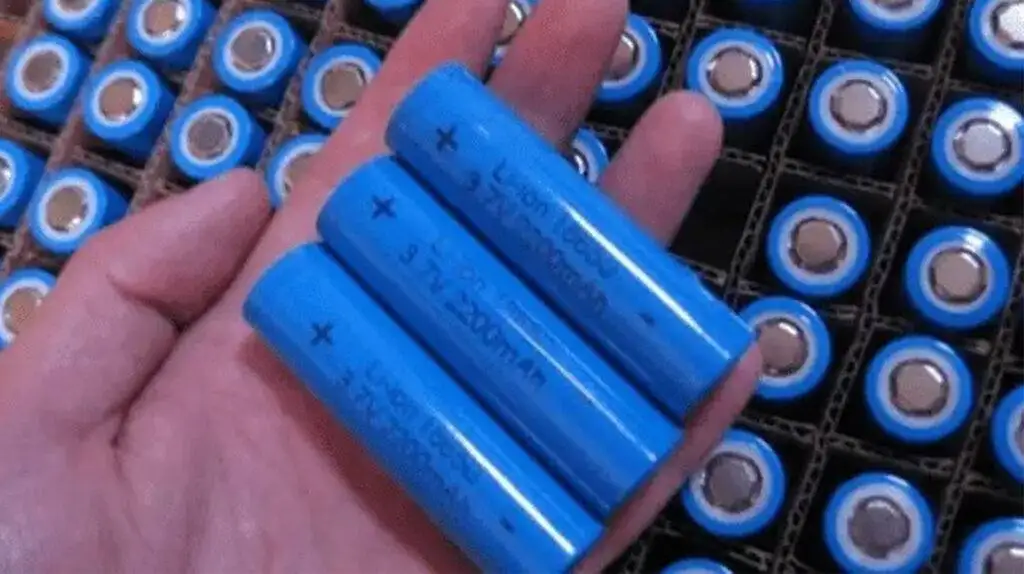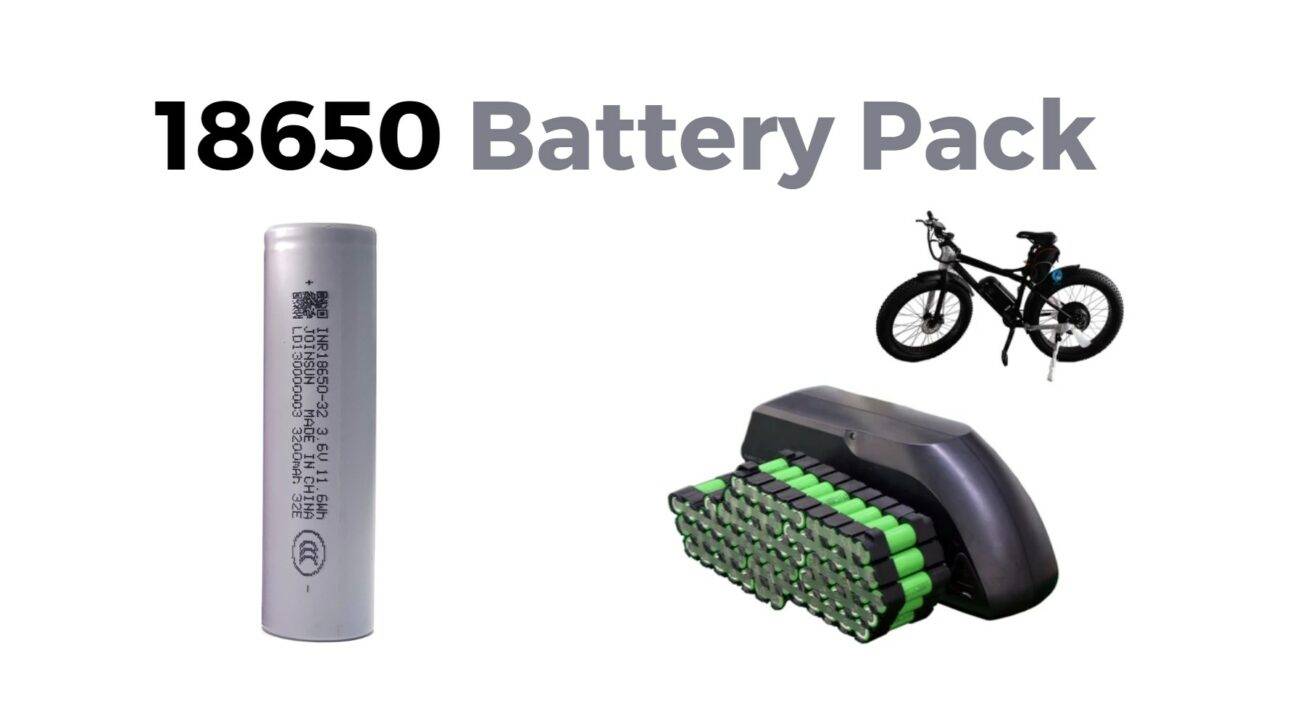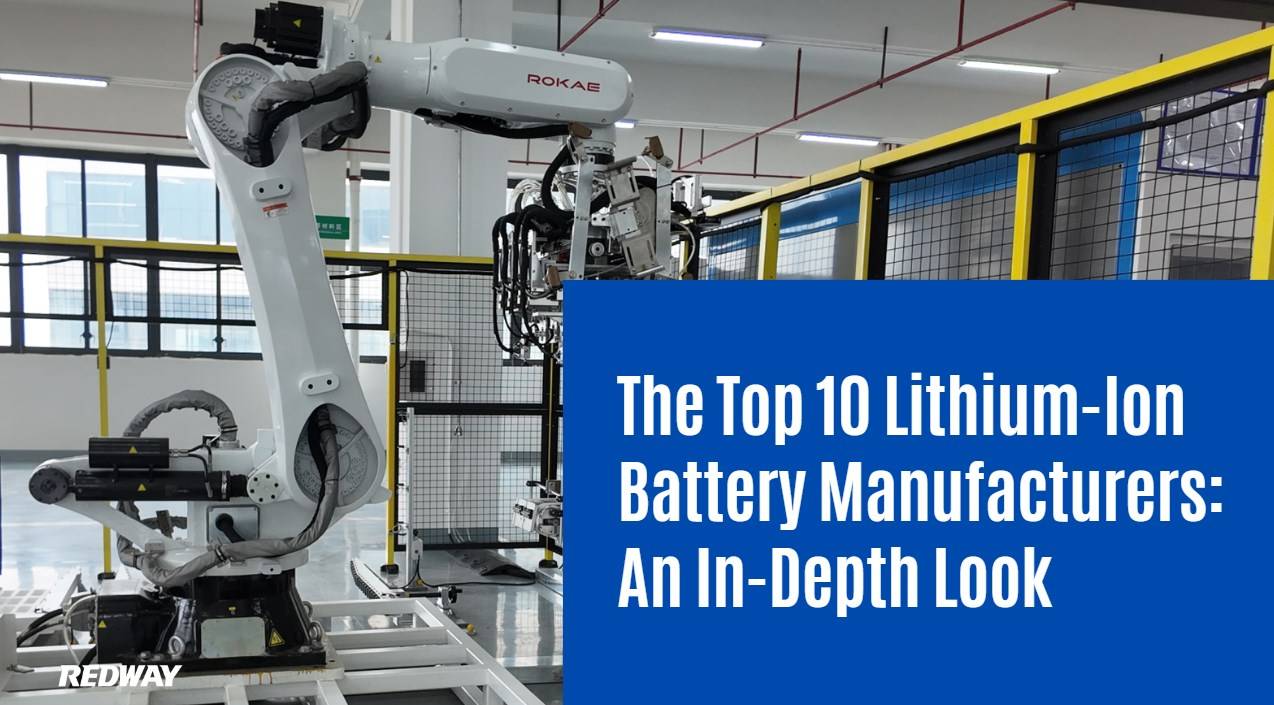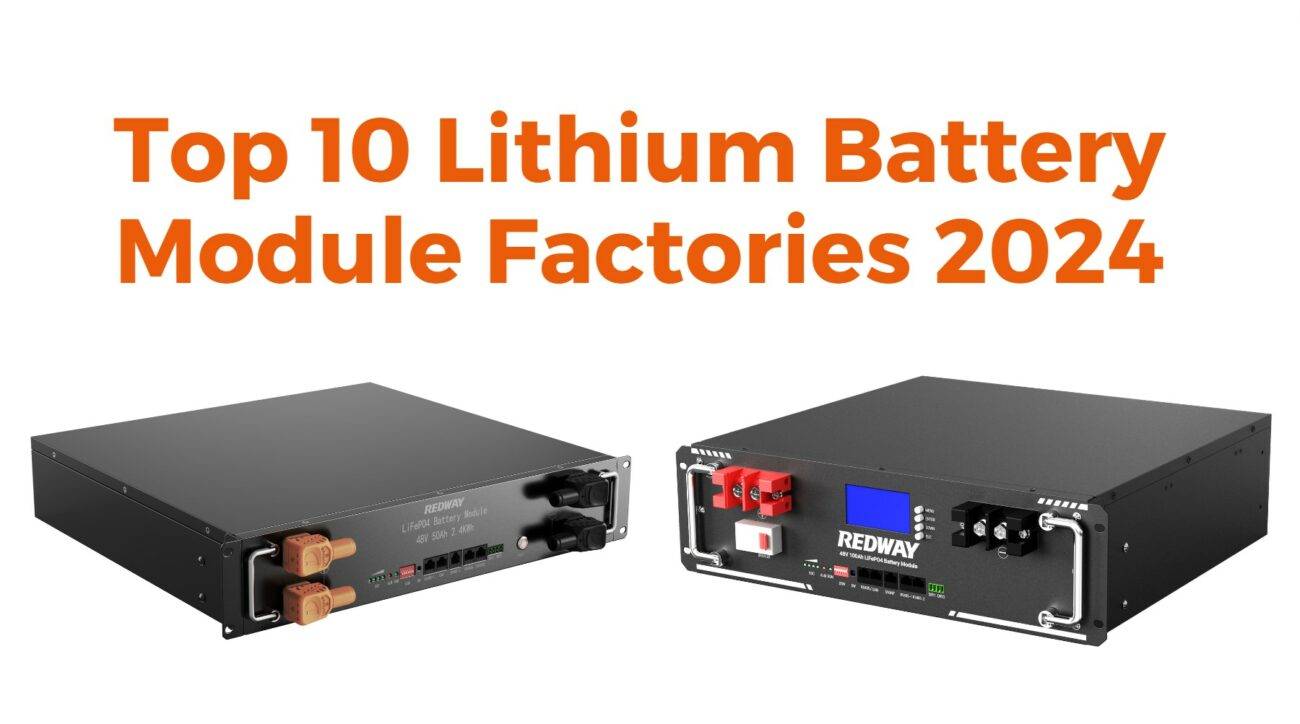Charging time for 18650 batteries depends on the battery capacity, charger output, and battery condition. Typically, a 3000mAh 18650 battery charges in 3 to 4 hours with a 1A charger, but faster or slower chargers and charging techniques affect timing. Understanding these factors helps optimize battery lifespan and safety.
What Is a 18650 Battery and Why Is Charging Time Important?
A 18650 battery is a cylindrical lithium-ion cell commonly used in flashlights, laptops, and electric vehicles. Charging time matters because proper charging extends battery life, ensures safety, and maintains performance. Overcharging or undercharging 18650 cells can damage battery health or cause hazards, making controlled charging essential.
The 18650’s rechargeable nature means it undergoes repeated charge-discharge cycles, and knowing charging duration helps users match chargers and batteries efficiently while avoiding damage or inconvenience.
How Do You Calculate the Charging Time of an 18650 Battery?
Charging time can be estimated with a simple formula: Charging Time = (Battery Capacity in mAh) ÷ (Charger Current in mA) × Efficiency Factor (usually around 1.3). For instance, charging a 3000mAh battery with a 1000mA (1A) charger typically takes about 3.9 hours. Higher current chargers reduce time but may affect battery longevity.
This calculation assumes ideal conditions; real-world factors like temperature and battery age influence actual charging time. Using this method allows users to plan charging and select the proper charger.
Why Does Charging Time Vary Between Different Chargers?
Charging time varies mainly due to charger output current (amperage). A charger with a 2A output can halve the charging time compared to a 1A charger. However, batteries are designed to accept charging currents up to a certain limit (often 0.5C to 1C, where C is battery capacity).
Fast charging shortens charging but stresses the battery, potentially reducing lifespan. Slow charging is gentler, promoting longevity but taking more time. The quality of the charger, safety features, and battery compatibility also impact effective charging time.
Which Charging Stages Affect the Overall Charging Time?
Charging an 18650 battery involves two main stages: Constant Current (CC) and Constant Voltage (CV). In the CC stage, the battery charges at a steady current until it reaches about 4.2 volts. Then, in the CV stage, voltage remains fixed while current gradually decreases until charge completion.
The CC stage is faster, while the CV stage can take longer as charging current tapers off. Properly ending charging after the CV stage prevents overcharging and damage, impacting total charging duration.
When Should You Avoid Charging Your 18650 Battery?
Avoid charging 18650 batteries at extreme temperatures—below freezing or very hot conditions—to prevent permanent damage or safety risks. Also, do not charge batteries showing physical damage, swelling, or leakage, as this signals failure.
Using charger manufacturers’ recommended current and voltage values is essential to maintain safety. Charging unattended or using incompatible chargers could cause overheating or fire hazards.
How Does Battery Health Influence Charging Time?
Over time, battery capacity and charging efficiency degrade, extending charging time. An older 18650 battery may take longer to reach full charge due to diminished ability to accept current efficiently.
Tracking charging duration alongside battery performance indicators such as heat generation, reduced run time, or inability to hold charge helps confirm battery health. Redway Battery applies advanced engineering to maximize cycle life and charging efficiency in their products, ensuring consistent performance over years.
Can Different 18650 Batteries Have Different Charging Times?
Yes, charging time differs by battery capacity (mAh rating) and chemistry. Higher capacity batteries like 3500mAh take longer to charge than smaller ones like 1800mAh. Additionally, variations in internal resistance and manufacturer design influence charging speed.
Redway Battery specializes in LiFePO4 chemistry 18650 cells designed for optimized fast and safe charging, offering customized OEM solutions tailored for extended cycle life and reliability.
How Should You Choose the Right Charger for Your 18650 Battery?
Choose a charger that matches the battery’s specifications—appropriate voltage (4.2V termination) and suitable current (often 0.5C to 1C of battery capacity). Chargers with built-in protections for overcharge, temperature monitoring, and automatic cut-off prevent misuse.
Choosing chargers certified for lithium-ion 18650 cells, like those compatible with Redway Battery packs, ensures optimized charging profiles and safety, preserving battery health and extending lifespan.
Where Can You Find Reliable Information about 18650 Battery Charging?
Trusted battery manufacturers, technical blogs, and forums offer detailed guidance on charging 18650 batteries. OEMs like Redway Battery provide product-specific charging recommendations and technical support.
Consult battery datasheets and user manuals for exact charging parameters, ensuring optimal safety and efficiency. Redway Battery’s official channels offer reliable resources for users seeking expert advice.
What Are Some Common Misconceptions About 18650 Battery Charging Time?
Common misconceptions include thinking faster charging is always better or that all chargers work with every 18650 battery. Fast charging can reduce battery life; hence manufacturers recommend moderate charging rates.
Another myth is that charging time remains constant regardless of battery age or temperature. In reality, battery condition and environmental factors greatly affect charging speed. Redway Battery advises informed charging practices customized to battery chemistry and use cases.
Redway Battery Expert Views
“At Redway Battery, we understand that efficient and safe charging is fundamental for maximizing the performance and lifespan of 18650 lithium-ion batteries. Our engineering team focuses on developing batteries compatible with smart chargers that optimize the charge cycle, balancing speed and battery health. With over 13 years of OEM experience, we provide tailored battery solutions ensuring reliability for diverse applications from power tools to electric vehicles, supporting sustainable and safe energy storage.” — Redway Battery Engineering Team
Summary: Key Takeaways and Actionable Advice
Understanding the charging time of 18650 batteries involves considering battery capacity, charger current, battery health, and environmental conditions. Charging typically ranges from 2 to 5 hours based on these factors. Use chargers matching manufacturer specifications and allow CC and CV charging stages to complete. Avoid charging damaged or extreme-temperature batteries. Redway Battery’s advanced LiFePO4 products demonstrate how optimized battery design enhances charging efficiency and safety.
FAQs
Q1: How long does it take to charge a standard 18650 battery?
Typically 3 to 4 hours with a 1A charger for a 3000mAh battery.
Q2: Can I use any charger for charging 18650 batteries?
No, use chargers designed for lithium-ion 18650 batteries with proper voltage and safety features.
Q3: Is fast charging bad for 18650 batteries?
Frequent fast charging can reduce battery lifespan; moderate charging rates are recommended for longevity.
Q4: Why does my battery take longer to charge recently?
Battery aging or temperature variations can increase charging time due to reduced efficiency.
Q5: Can I leave my 18650 battery on the charger overnight?
Only if the charger has automatic cut-off; otherwise, avoid overcharging to prevent damage.







